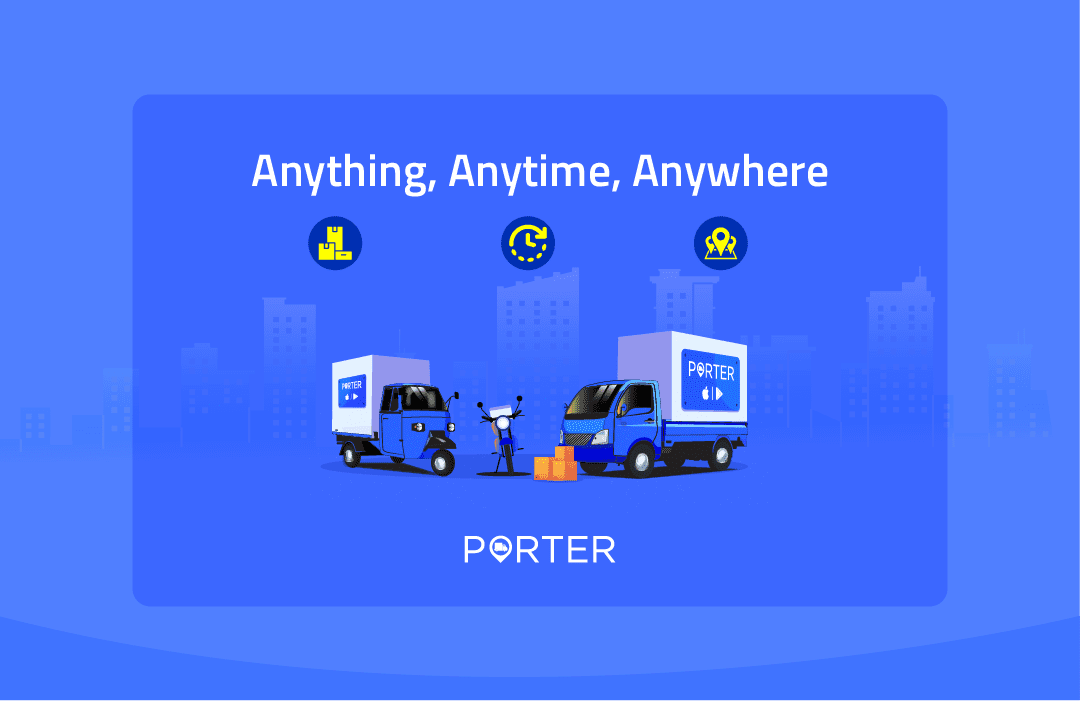
In today’s world of digital business, Application Programming Interfaces or APIs have become an indispensable part of every business operation. In fact, India is the third largest producer of API with an 8% market share in the Global API Industry. APIs let you integrate and exchange data between various software systems seamlessly. APIs for business and the benefits they offer can open up a world of possibilities. In this blog, we will discuss APIs for business, explain their importance and highlight the benefits they offer.
What are APIs for Businesses?
Application Programming Interface (API) is a software interface that allows two apps to communicate with one another. Data extraction and sharing across organisations may be done easily with the use of APIs. So, it acts as a bridge between different software applications, enabling them to communicate and exchange data. Furthermore, it defines a set of standards and protocols that govern how software components interact with one another.
Thus, for businesses, APIs offer a standardised and secure framework for connecting internal systems, external services, and client-facing applications.
Businesses for APIs?
APIs are important for businesses in the following ways:
- Simplified and Streamlined Operations: APIs make it easy to integrate different business systems. Therefore, businesses will need fewer manual data entries and can work with more automated processes. This means there will be more efficiency, fewer mistakes, and saving of man-hours for business owners and teams.
- Enhanced Customer Experience: An excellent API can provide new opportunities for current and potential customers to engage with a business in a personal way, and to share that experience with others. It allows you to integrate services and features into your customer-facing applications. This can include updates in real-time, personalised recommendations, streamlined transactions, and more.
- Flexibility and Scalability: APIs enable you to adapt and scale your business by adding new functions or third-party services without major disruptions or costly system upgrades. This flexibility allows you to stay competitive and respond quickly to changing market demands.
What are the Benefits of Integrating with a Reliable Logistics Partner?
Some of the popular benefits that come with integrating an API for business from a logistics partner are:
- Seamless Order Processing: By integrating APIs with logistics partners, businesses can automate order placement and tracking, reducing manual intervention and ensuring smooth order fulfilment.
- Real-Time Tracking: APIs enable businesses to integrate live tracking functionalities into their customer-facing applications. This allows customers to track their deliveries in real-time, enhancing transparency and providing peace of mind.
- Data-Driven Decision-Making: APIs also enable the seamless exchange of data between logistics systems and business intelligence tools. This empowers businesses to gain valuable insights, optimise delivery routes, and make informed decisions based on accurate information.
How Can Various Logistics Companies Benefit from API for Business?
Here are some key advantages of APIs for a logistics business:
- Shipping With API
A shipping API is a tool used by companies to add shipping capabilities to their websites. Shipping APIs can include a variety of features, such as label generation, address validation, shipment tracking, etc.
- Proof of Delivery
APIs make it easier for sellers to integrate functionalities to view the document of delivery (e.g. the customer’s signature) once the shipment has reached the destination. This mitigates the risk of false claims of lost or defective packages.
- Transportation Management System (TMS)
TMS are comprehensive logistics platforms that facilitate the transfer of goods, both inbound and outbound, from one point of origin to another. Reputed logistics companies like Porter use APIs to integrate this software with their operations to efficiently manage the shipment of tangible items.
- Logistics Application Programming Interfaces (Logistics APIs)
This is mostly used by integrating with TMS, providing the necessary data to facilitate the successful operation of the business.
This type of API holds features that are also applicable to a TMS. They include the ability to send delivery charge inquiries, the ability to track and dispatch shipments, and can also provide automated billing and audit services.
- Third-Party Logistics
Today third-party deliveries hold a strong position due to regular shifting, movement of domestic/commercial goods, etc. So, logistics APIs usually work with other software programs, like an ERP or CRM. The data from these other platforms can help streamline your logistics processes so that businesses can better plan their business operations and manage customer relationships.
In essence, APIs are revolutionising the way businesses operate, allowing seamless integration, improved efficiency, and enhanced customer experiences. In the logistics domain, APIs for business offer real-time tracking, streamlined order processing, and data-driven decision-making.
To optimise 2-wheeler deliveries, businesses can leverage Porter API, benefiting from Porter’s expertise and advanced logistics solutions. Embrace the power of APIs in your business operations and unlock new possibilities for growth and success.

